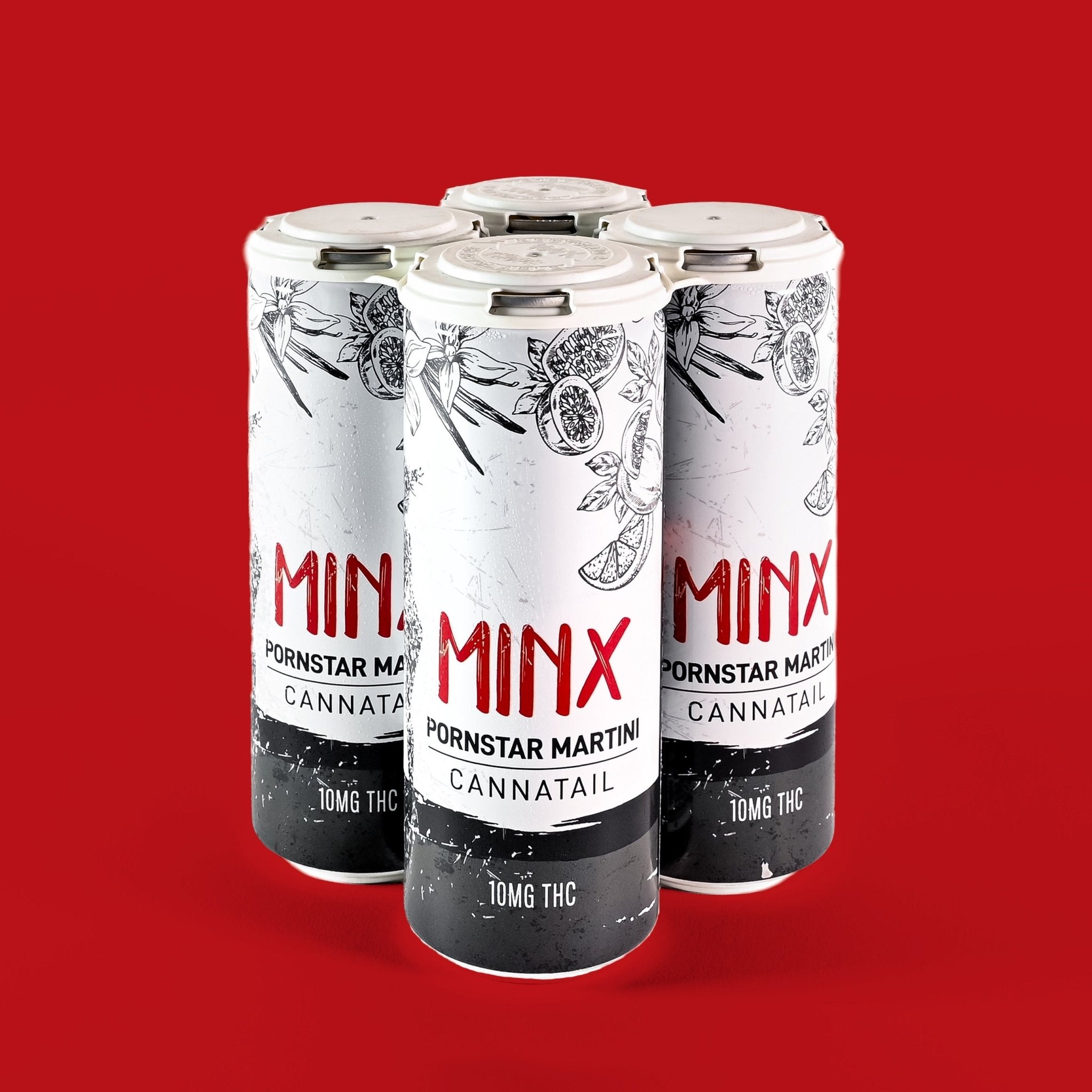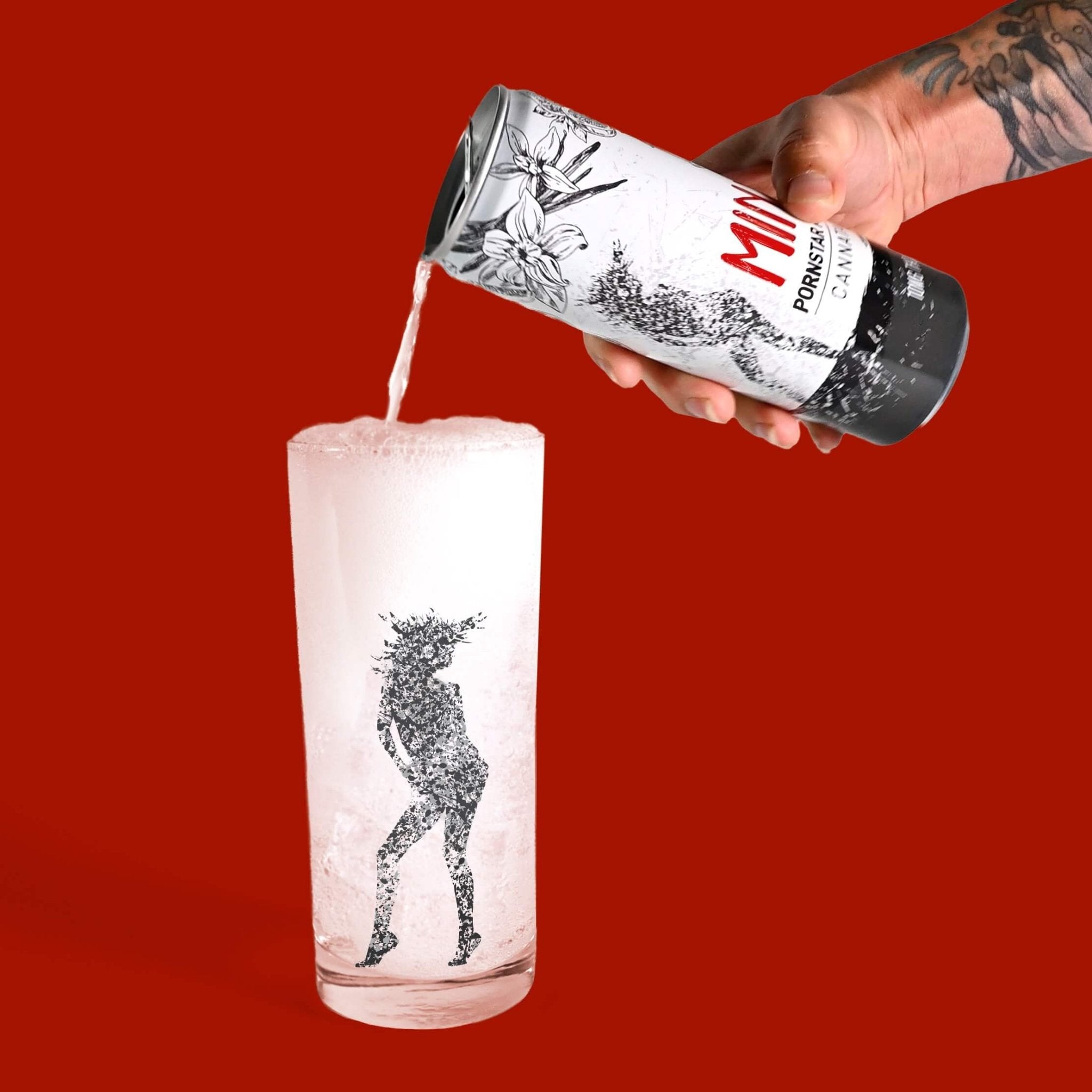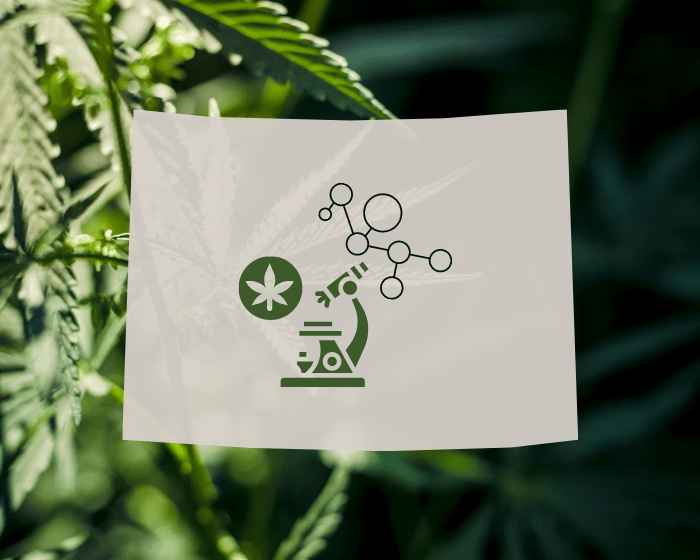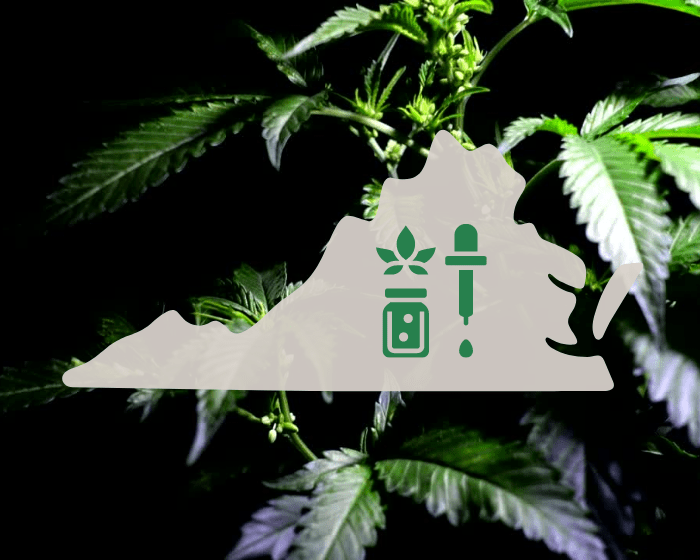
Colorado’s hemp and delta-9 cannabis industries are asking lawmakers to create a task force to help decide how to regulate intoxicating hemp products, reports the Denver news site Westword.
The 20-person committee would be comprised of experts in cannabis and hemp regulation, licensed businesses, testing lab professionals, public health reps and members of government.
The task force is an add-on to Senate Bill 22-205, a measure that set out to regulate hemp-derived THC products by ensuring all intoxicating cannabis products are made by state-licensed delta-9 businesses or sold at licensed dispensaries.
The original version of the bill drew the ire of the U.S. Hemp Roundtable, which said it risked criminalizing non-intoxicating hemp products and could spur “a mass exodus of legitimate hemp businesses from Colorado.”
The bill set a 20-milligram-per-bottle limit on THC in hemp products. Critics pointed out the limit would make most full-spectrum CBD tinctures illegal, without any process that has shown they're actually intoxicating.
Heather Jackson, co-founder of the cannabis research foundation Realm of Caring, was one of those critics.
“Although I support the intent of this bill, vested interests in big marijuana seek to destroy the natural hemp-derived-CBD industry,” said Jackson, quoted in Westword. “The consequence for my son, Zaki, who has come to rely on CBD, would be catastrophic.”
The U.S. Hemp Roundtable agrees with those in the licensed delta-9 cannabis industry who say modified cannabinoids like delta-8 THC (which is CBD converted into THC) need greater regulation, both for public safety and to even the economic playing field between the two industries.
“Like any compromise, no one is 100% happy with the final results. […] However, we are happy to see that this bill is built around the framework that we recommended – it empowers the state to prohibit bad actors from selling unsafe, mislabeled, intoxicating products into retail and pushes to a stakeholder-driven regulatory process permanent decisions on how to define ‘intoxicating.’”
—U.S. Hemp Roundtable
In general, the Roundtable would like to see:
- Intoxicating hemp-derived compounds regulated and restricted to adult use
- Non-intoxicating hemp products allowed in stores as dietary supplements and allowed to be added to food and beverages
The amendment was largely the work of the U.S. Hemp Roundtable, which finessed a compromise by working with the governor’s office, legislators, the Colorado Hemp Association, Realm of Caring, and leading Colorado CBD makers Charlotte’s Web and Balanced Health Botanicals.
“Like any compromise, no one is 100% happy with the final results,” the Roundtable wrote in a May 3 update. “[…] However, we are happy to see that this bill is built around the framework that we recommended – it empowers the state to prohibit bad actors from selling unsafe, mislabeled, intoxicating products into retail and pushes to a stakeholder-driven regulatory process permanent decisions on how to define ‘intoxicating.’”
The amended version of the bill appears to have support from both the hemp and delta-9 cannabis industries, according to Westword. The Marijuana Industry Group, an influential trade group for state-licensed delta-9 businesses, supports the amendment. So do hemp stakeholders represented by the U.S. Hemp Roundtable.
The amended bill passed in the Senate Business Affairs & Technology Committee on May 2 and is expected to be a priority as the end of the legislative session nears. Colorado's legislative session ends May 11.







































